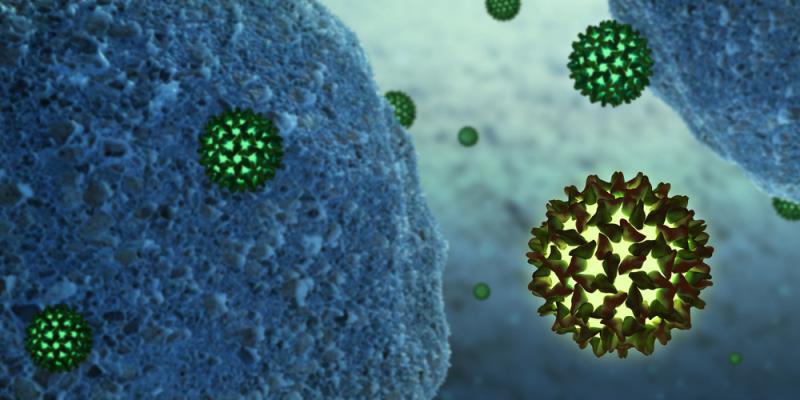
JNJ-56136379 (JNJ-6379), a capsid assembly modulator designed to interfere with the hepatitis B virus (HBV) replication, shows antiviral activity and is well-tolerated in treatment-naïve patients with chronic HBV infections (CHB), a new study has found.
Researchers performed a double-blind analysis of 57 treatment-naïve HBV patients without cirrhosis. Patients were randomly assigned to receive JNJ-6379 (n=41; mean age, 43.7±10.8 years; 71 percent male) or placebo (n=16; mean age, 35.9±11.1 years; 88 percent male) in five dosing groups: 25 mg, 75 mg, 150 mg, or 250 mg. The study endpoints were safety, tolerability, and drug pharmacokinetics.
More than half (56 percent) of the patients receiving the novel medication experienced at least one adverse event over a 28-day treatment period. In comparison, 63 percent of the placebo group developed such side effects, and the frequency and severity of such events did not seem to be linked to JNJ-6379 dose.
Three patients on active intervention experienced on-treatment grade 3 adverse events and no serious episodes occurred during treatment. One serious event occurred during follow-up, but was deemed unrelated to the study drug. No deaths were reported.
Aside from being safe, the JNJ-6379 medication also showed potent antiviral activity, yielding a reduction in HBV-DNA of –2.16±0.49 log10 IU/mL by day 29 in the 25-mg group. The effect was stronger in the higher doses. No episodes of virological breakthrough were reported.
Moreover, researchers reported a long plasma half-life and low clearance of JNJ-6379, indicating that HBV-DNA levels returned towards baseline levels after treatment completion. This was accompanied by strong reductions in HBV-RNA levels across all dose groups.
Researchers said that “these results suggest that administration of JNJ-6379 was well tolerated for up to 28 days and demonstrates potent antiviral activity in patients with CHB, which justifies the evaluation of longer treatment durations in a larger cohort of patients in an ongoing Phase IIa study.”